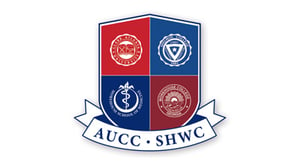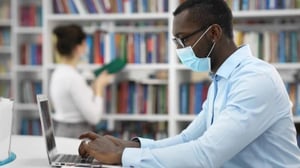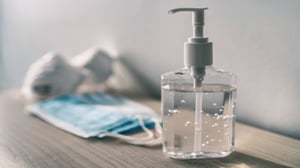- About
- Academics
- Admissions & Aid
- Life
- Research
- News & Events
- Homecoming

Home
> Covid-19 resource center
Covid-19 Resource Center
Morehouse College is closely monitoring the spread of COVID-19 and has established protocols, procedures, and requirements to address related risks in concert with other Atlanta University Center Consortium (AUCC) institutions — Clark Atlanta University, Morehouse School of Medicine, and Spelman College.
Information About Covid-19 & Mpox

AUCC Covid-19 Guidelines
Learn More

Current Covid Protocols
Learn More

Visitor Protocols
Learn More

Morehouse Policy on CRRSAA
Learn More

COVID Vaccination Information
Learn More

COVID Relief Funds Program
Learn More